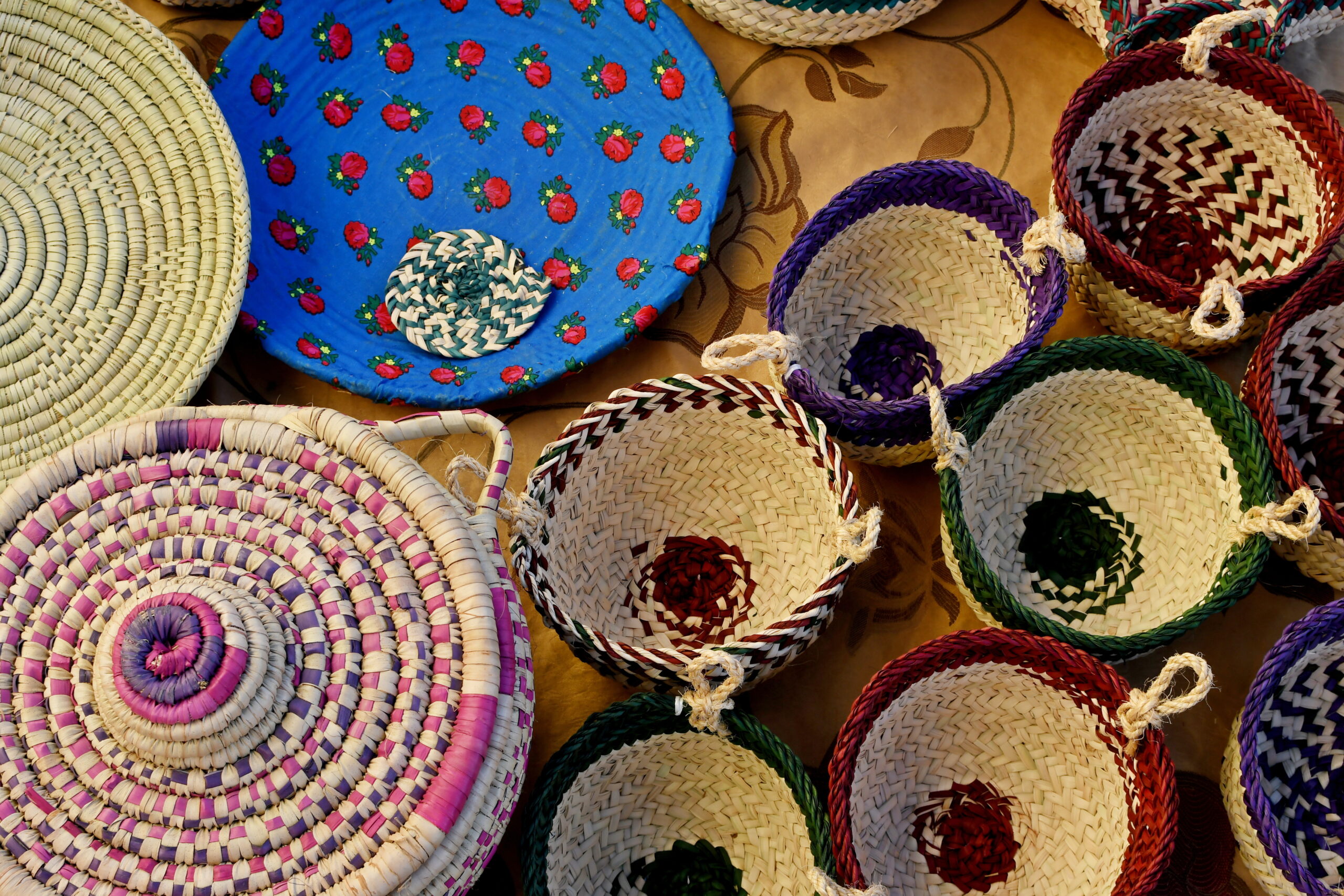Elevate Crops with Silicate Potash Supplement
Have you heard that nearly 30% of global harvests can be increased with augmented nutrients like silicate potash? This figure underscores the nutrient’s capability to change farming practices. As farmers deal with the obstacles of global warming and land deterioration, potassium silicate emerges as a state-of-the-art approach. It doesn’t just boosts crop yields but also promotes stronger plants.
This discussion will examine the benefits of K silicate, its roles in farming, and ways to maximize your plants’ capability. With expertise from authorities, you’ll learn why potassium silicate is vital for healthy yields. It prepares the ground for effective crop management, leading to increased yields and improved harvest outcomes.
Key Highlights
- K Silicate supplement significantly improves crop resilience.
- It boosts plant energy conversion, leading to healthier plants.
- This product fortifies plant cells, providing structural support.
- Proper methods of use are vital for maximizing results.
- Understanding dosage guidelines leads to efficient fertilizer application.
- K Silicate is usable in both ground-based and water-based farming.
- Incorporating silicate potash can improve yields in cannabis cultivation.
What is K Silicate?
Silicate Potash is a water-soluble compound essential for boosting crop production. It combines K, vital for crop vitality, with silicon dioxide. This blend improves plant growth and production. The distinct structure of silicate potash fortifies cellular structures and enhances durability against climatic challenges.
This nutrient’s versatility renders it suitable for both traditional soil farming and soilless agriculture. Its dissolvable K ensures superior nutrient delivery. This guarantees crops receive the vital components for maximal development.
Growers and gardeners often choose silicate potash for its power to enhance plant durability. By incorporating this product, they enhance the vitality and vitality of their plants. This results in vibrant crops and potentially increased production.
Merits of K Silicate for Agricultural Yield
Potassium silicate is celebrated for its extensive benefits in agriculture. This additive is crucial for enhancing plant growth and well-being. Its distinct features deliver notable advantages that are essential for crop success.
Improves Plant Resilience
Silicate Potash notably boosts plant resilience. Silica in this nutrient reinforces vegetation against dry conditions and pests. It prepares agriculture with a biological shield, allowing them to survive environmental stress more efficiently.
Boosts Plant Energy Conversion
The presence of K and silica enhances light absorption. It stimulates chlorophyll synthesis, allowing crops to utilize sunlight more effectively. This leads to more vibrant foliage and increased yields, clearly contributing to crop success and well-being.
Strengthens Cell Walls
Silicate Potash fortifies cell walls in vegetation. These reinforced tissues assist crops to withstand climatic challenges and diseases more efficiently. This doesn’t just enhances crop durability but also encourages their vitality throughout all stages of growth.
Applications of Potassium Silicate in Agriculture
Silicate Potash is crucial in farming, playing a key role in improving agricultural output. It serves as a growth enhancer, facilitating crop development and improving plant nutrition. Farmers commonly apply K Silicate for a range of vegetation, like:
- Large-scale crops like corn and soybeans
- Climbing plants including vineyard plants and cucumbers
- Aesthetic crops for garden beauty
- Soilless cultivation for soilless cultivation
Incorporating K Silicate to agricultural practices enhances vegetation well-being. It increases plant defenses, resulting in higher yields and better crop quality. Additionally, it helps with moisture preservation and assisting plants in stress management, supporting their productivity throughout the season.
| Vegetation Type | Potassium Silicate Benefits | Usage Method |
|---|---|---|
| Large-Scale Plants | Improves dryness resilience | Direct soil application or leaf mist |
| Trellis Crops | Promotes fruit quality | Irrigation-based application |
| Aesthetic Crops | Enhances color and growth | Foliar application |
| Hydroponics | Enhances nutrient consistency | Combined with plant nutrients |
The varied uses of silicate potash in crop cultivation emphasize its critical importance. It ensures healthy crops and boosts agricultural output.
Applying Silicate Potash
Proper application of K Silicate is vital for boosting plant health. Knowing how to apply potassium silicate can greatly improve crop yields. Below, discover the various application methods and best practices for adding this vital nutrient into your agricultural practices.
Best Ways to Apply
There are multiple options to incorporate potassium silicate, providing options to meet various agricultural requirements. Here are a few recommended techniques:
-
Foliar Spraying: This approach requires blending K Silicate with aqua and distributing it on plant leaves. It ensures quick absorption by the plant.
-
Ground Application: Incorporating silicate potash to the ground near root systems allows it to be quickly utilized for root uptake.
-
Integration into Hydroponic Systems: For hydroponic growers, mix silicate potash in fertilizer mixes to deliver vital nutrients to vegetation in a managed environment.
The dissolvability of silicate potash supports effective uptake by vegetation through these techniques, guaranteeing your crops the nutrients they require.
Optimal Usage Strategies
To fully utilize K Silicate, implement these recommended guidelines:
- Mix K Silicate with H2O as instructed by the manufacturer before use.
- Refrain from combining potassium silicate with strong nutrients in a single mix. This might result in unwanted interactions that diminish its efficacy.
- Regularly check climatic factors and plant health to determine the outcome of your fertilizer application.
By following these practices and recommended strategies, you can significantly enhance the efficacy of potassium silicate fertilizer. This will assist produce stronger plants.
Potassium Silicate Application Rates
Knowing the optimal application rates for potassium silicate is key to achieving maximal plant vitality. Applying the correct level is vital to prevent low dosage or high dosage. Both scenarios might affect agricultural productivity and harvest negatively.
Grasping Dosage Instructions
Usage levels for potassium silicate are influenced by various factors, such as the crop variety, its development phase, and the ground composition. It’s vital to adhere to dosage instructions from producers. These instructions are formulated for particular plants and scenarios. While a common dosage is often provided, testing soil nutrient levels can offer more specific instructions.
Factors Influencing Application Rates
Several factors are crucial in determining the correct K Silicate dosage levels:
-
Ground Structure: The soil’s consistency and formation influence the availability of nutrients.
-
Current Nutrient Concentration: Checking current potassium and silica levels is necessary before applying.
-
Specific Crop Requirements: Every plant has specific nutrient demands that determine the right dosage.
| Crop Type | Development Phase | Suggested Dosage (lbs/acre) |
|---|---|---|
| Vegetables | Transplanting | A range of 10-20 |
| Fruit Trees | Mid-Growth | Between 30-40 |
| Grain Plants | Pre-Harvest | 15-25 |
| Flowers | Blooming | A range of 5-10 |
Leading K Silicate Products
Identifying quality potassium silicate products is crucial for successful agriculture. A diverse selection of companies sell special benefits and affordable rates, meeting different crop requirements.
Popular Brands to Consider
Well-known brands among the leading K Silicate products include:
- AgSil Products
- Advanced Nutrients
- VanBaerle
These producers are known for their nutrients engineered to improve farming results.
Characteristics and Costs
Knowing the benefits and costs of potassium silicate products assists with smart purchasing decisions. For example:
| Producer | Product Name | Formula | SiO2 Percentage | Price |
|---|---|---|---|---|
| AgSil | AgSil 16H Solution | 0-0-32 | Above 50% | \$45.34 per 4 lbs |
| Advanced Growth Solutions | Rhino Skin Product | 0-0-1 | Silica Boosted | \$36.99 for 1 liter |
| VanBaerle Products | Silicate 10 | 10% K | Silica Level Unspecified | \$29.99 per 5 lbs |
This overview highlights the diversity in product features and rates across top companies. Careful consideration of these elements ensures the optimal application of potassium silicate in agriculture.
Silicate Potash for Agricultural Well-being
Potassium silicate is crucial for enhancing crop vitality, enhancing robustness and resistance. It strengthens plant cells, resulting in improved health and faster growth. This fertilizer’s silica advantages vegetation by making stems and leaves stiffer, vital to surviving extreme conditions and fungal threats.
Additionally, K Silicate enhances moisture preservation and nutrient absorption in crops. Strong plants absorb minerals more effectively and survive environmental stresses better. This adaptability supports sustainable agriculture, supporting sustainable farming.
Grasping K Silicate’s importance encourages growers and horticulturists to incorporate it in their farming practices. By doing so, they produce more resilient vegetation that can thrive under diverse environments.
| Aspect | Impact of Potassium Silicate |
|---|---|
| Cellular Strength | Strengthens cell walls, improving plant resilience |
| Disease Resistance | Enhanced ability to resist pathogens and threats |
| Crop Maturation | Accelerates development and development of crops |
| Environmental Durability | Enhances tolerance to severe conditions |
| Mineral Absorption | Boosts mineral uptake of key compounds |
| Soil Hydration | Boosts hydration levels for improved crop yields |
Potassium Silicate Fertilizer for Hydroponics
In the world of soilless farming, regulating plant diet is crucial for maximal crop development. K Silicate is a important nutrient that improves the success of water-based farming. It’s highly advantageous during important maturation periods, bringing about stronger plants and increased harvests.
How to Use in Hydroponic Systems
Integrating K Silicate into water-based farming methods at crucial intervals enhances its positive effects. The bloom stage is crucial, as crops demand more vital elements. Using potassium silicate at this stage leads to several benefits:
-
Improved root development: A strong root network assists with more efficient nutrient uptake.
-
Optimized nutrient use: silicate potash optimizes how vegetation absorb compounds in soilless setups.
-
Enhanced resilience: Vegetation become stronger to environmental fluctuations.
-
Accelerated development: Crops grow faster and healthier with the proper level of K Silicate.
Following these suggestions ensures effective use of silicate potash in your soilless system. The moment and amount of this supplement greatly influence its effectiveness.
| Growth Stage | Appropriate Level | Anticipated Outcomes |
|---|---|---|
| Initial Development | 0.5-1 ml/L | Healthy root development |
| Developing Stage | A range of 1-2 ml/L | Enhanced nutrient absorption |
| Budding Phase | 2-3 ml/L | Enhanced crop production and strength |
K Silicate in Marijuana Farming
The use of silicate potash has changed cannabis growth. This fertilizer brings unique benefits designed for marijuana crops. It improves plant health, enhances crop resilience, and brings about better production.
Boosting Harvests with Silicate Potash
K Silicate supports maximizing yields by fostering a strong plant structure. Elevated silica levels lead to more resilient structures, designed for bearing heavy buds. Furthermore, it boosts resin output, vital to the quality and value of the buds. This brings about higher harvests and enhanced cannabis farming benefits sought by growers.
-
Robust plant structure: Thicker stems support larger flower formations.
-
Increased trichome production: Higher quality buds with stronger effects.
-
Improved stress resistance: Power to survive tough conditions.
-
Enhanced crop well-being: More resilient vegetation lead to increased production.
Using potassium silicate fertilizer offers a competitive advantage for cannabis cultivators seeking to boost their growth techniques.
Potassium Silicate Fertilizer Suppliers
Cultivators looking for top K Silicate products have multiple vendors to select. Regional farming cooperatives are a common source, providing easy access to these nutrients to growers in the area. For those choosing e-commerce, a variety of e-stores sell K Silicate, particularly targeting hobbyists.
Leading names like Custom Hydro Nutrients, and AN stand out. They sell a selection of options designed for both hobbyists and commercial farming. Their focus on high standards provides for effective crop management.
When looking for potassium silicate, evaluate both the cost and the item’s characteristics. Below is a comparison of a few options:
| Company | Item Category | Cost per Package | Intended Audience |
|---|---|---|---|
| Custom Hydro | Dissolvable K Silicate | \$20 per liter | Home and Commercial Growers |
| Advanced Growth Solutions | Dry K Silicate | \$25 per kg | Home Growers |
| Nearby Agriculture Hub | Solid K Silicate | \$15 per 2 kg | Commercial Farmers |
Knowing where to find potassium silicate helps growers in choosing the right options for their nutrient requirements. This brings about improved crop performance.
Advantages of K Silicate in Flowering Plants
silicate potash is a revolutionary nutrient for flowering plants and fruit-bearing crops. It notably boosts blossom dimensions, which doesn’t just boosts visual appeal but also increases pollination success. This brings about a healthier plant growth cycle.
For produce growth, K Silicate is a powerhouse. It increases fruit weight and quality, enhancing economic value. The product doesn’t just stop at size; it also improves fruit texture and flavor, enhancing the overall consumer experience.
Moreover, silicate potash boosts light absorption, resulting in increased production. SiO2, a key component, boosts plant resilience. This enables flowering plants and fruiting crops to better withstand climatic challenges, resulting in prolonged fruiting seasons and more abundant harvests.
Incorporating K Silicate into your fertilization strategy can dramatically improve flowering and yield. It builds a stronger plantation or field, making it a top choice for those aiming for optimal crop yields.
Difficulties and Factors in K Silicate Use
K Silicate is a powerful nutrient for improving agricultural output. However, its successful application hinges on addressing certain challenges. Ensuring the right dosage is paramount. Excessive use might result in chemical disruptions, hindering agricultural success.
Confirming it’s safe to mix with other products is just as important. Before combining different fertilizers, checking their ability to work together is essential. Bad mixes could lower the fertilizer’s effectiveness. Knowing these factors is vital to refining application methods.
Boosting grower awareness about these considerations can dramatically boost K Silicate application. By making informed decisions, growers can cultivate stronger crops and increase production.
| Issue | Consideration | Guidelines for Proper Utilization |
|---|---|---|
| Excessive Application | Nutrient Imbalance | Adhere to usage instructions; conduct soil tests. |
| Compatibility Issues | Negative Interactions | Research product compatibility before mixing; consult experts. |
| Lack of Knowledge | Underutilization of Benefits | Participate in learning programs; research successful applications. |
Summary
The significance of silicate potash in crop production is profound. It offers significant advantages for crop production. This nutrient enhances crop durability and well-being, bringing about successful agriculture across varied environments.
Additionally, silicate potash supports in successful agricultural methods. It supplies essential elements that shield vegetation from water scarcity and disease. Effective utilization of this product enables agriculturalists to enhance harvests, resulting in higher yields.
In the future of eco-friendly farming, K Silicate emerges as a crucial product for cultivating strong plants. By adding this product, growers can grow more productive vegetation. This strategy helps both eco-friendly practices and profitable agriculture in farming operations.


